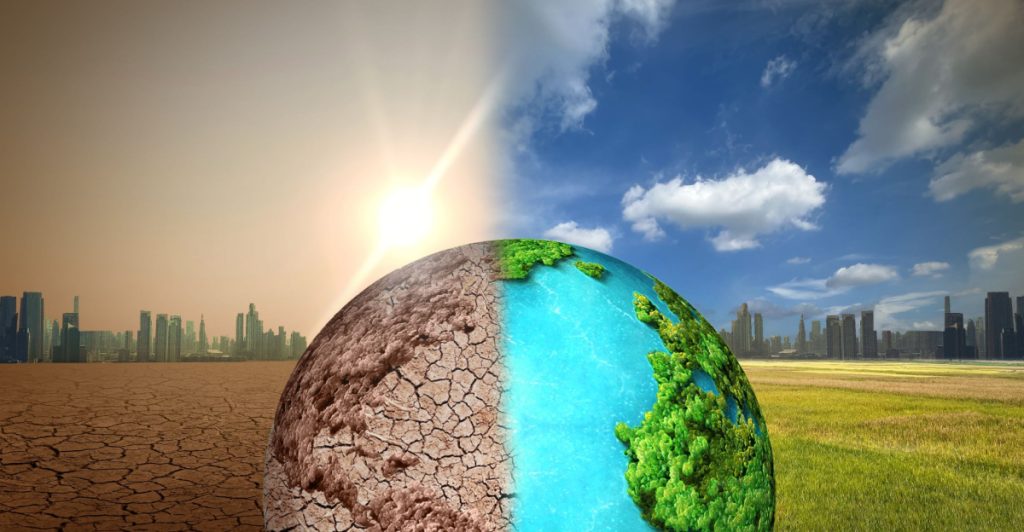A sweeping international review reveals that falsehoods about climate change are obstructing urgent action—and could tip the crisis into full-blown catastrophe.
Others are reading now
As the climate clock ticks down, a new report warns that misinformation may be the most insidious barrier to saving the planet.
The International Panel on the Information Environment (Ipie) has found that false or misleading claims—originating from fossil fuel interests, rightwing politicians, and even state actors—are delaying climate action and eroding public trust in science.
The report, based on a systematic review of 300 studies, was detailed Thursday by The Guardian.
It highlights how climate denialism has morphed into aggressive campaigns to discredit solutions, often using online bots and trolls to amplify misleading narratives. One recent example falsely blamed renewable energy for a nationwide blackout in Spain.
Also read
Fossil Fuels and the ‘Dual Deception’
According to the Ipie review, the fossil fuel industry has executed a “dual deception”—first denying climate change, then greenwashing its image while continuing harmful practices.
Sectors like animal agriculture, aviation, and fast food have also been implicated in spreading climate misinformation.
UN special rapporteur Elisa Morgera has called for such disinformation to be criminalized, particularly when amplified by media and advertising firms.
UN Secretary General António Guterres last year labeled fossil fuel firms “the godfathers of climate chaos” and demanded a ban on their advertising.
From Social Media to State Strategy
While social media plays a major role, the report warns that high-level lobbying and targeted disinformation campaigns are even more dangerous.
Russian troll farms, U.S. conservative thinktanks, and rightwing European parties are actively undermining climate science, the report says.
Dr. Klaus Jensen, who co-led the Ipie analysis, stated bluntly: “We have about five years to cut emissions in half. Without the right information, we’re not going to get there.”
From Brazil’s upcoming Cop30 summit to the EU’s Digital Services Act, policymakers are scrambling to respond. But the report makes one thing clear: without fixing the information crisis, the climate crisis may spiral beyond control.


